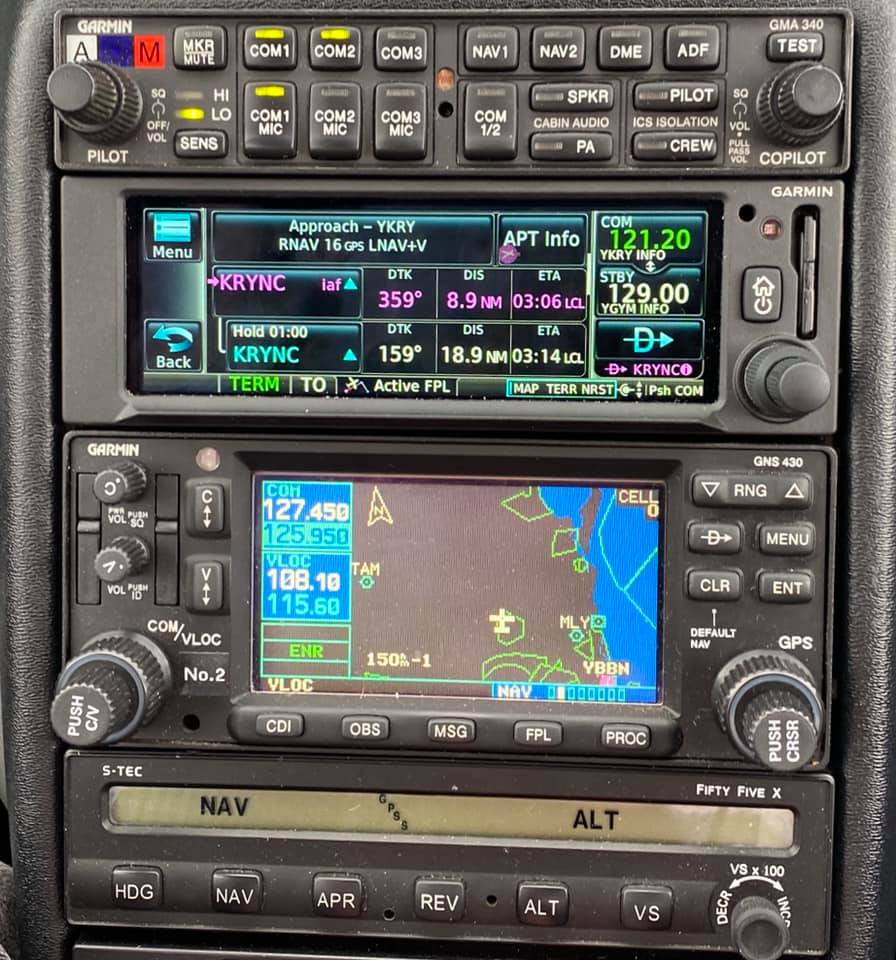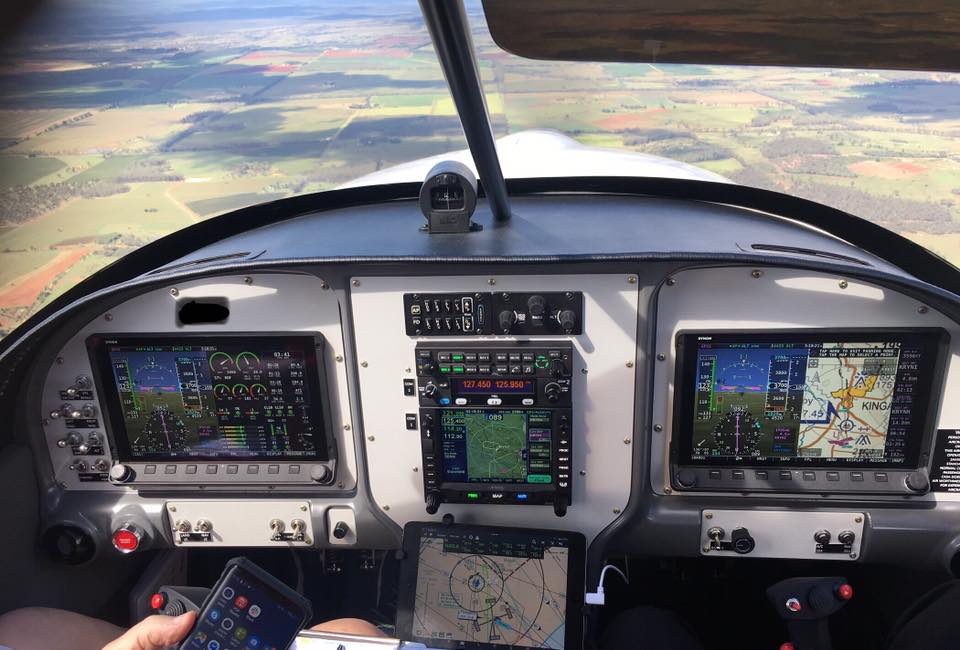PIFR – About The Course
The PIFR allows for instrument flight in private operations only. Any privilege used by the holder of the rating must be done so at exactly the same standard as an operation under a Command Instrument Rating, however the holder of a PIFR need not hold all the privileges required for the initial issue of the Command rating.
The concept is that the initial step in obtaining the PIFR is the en-route rating, that is the rating which allows:
- visual departure to LSALT
- climb, cruise and descent above LSALT in IMC
- and visual arrival from LSALT
The holder of this rating may then add further privileges to the rating. These are called Flight Procedure Authorisations (FPA’s), and may include instrument departures, instrument arrivals, Night operations, etc. By adding FPA’s to the basic rating the holder may build it up to the same operational standard as a CIR.
The big advantage is that the FPA’s may be added as required and as the pilot gains experience in IFR operations, whereas to obtain a CIR all the privileges must be obtained in the initial issue.

Theory Training (No IREX will be tested on any Humans) with in House PIFR Exams as part of the course
To obtain the enroute PIFR rating, the pilot must pass a written theory examination, set by the flying school. (Alternatively, a pass in the CIR IREX examination will satisfy the requirement.) I conduct a four day theory course which will prepare you for this exam. This course includes:
- Basic Physiology
- Sensory Illusions
- Pilot Performance
- Effect of Altitude
- Drugs and Alcohol
- Flight Instruments, their operation, errors and limitations
- Basic attitude instrument flying
- Radio Navigation Aids, their operation, errors and limitations
- Use of radio nav. aids
- Tracking tolerances
- Fuel requirements
- LSALT
- Route Speci
- Alternates Diversions
- Lighting
- Night Arrivals
- Notams and Weather
- Operations to non-aid aerodromes
- CAO’s
- Meteorology for IFR
- recognition of and avoidance of Hazardous Weather.
The examination is a three hour written test of all of the above.
Flying Training
Revision of basic attitude instrument flying, including limited panel and recovery from unusual attitudes Navaid orientation, tracking, and intercepts
- Flying the holding pattern
- Route flying
- Visual Departures
- En route instrument flying
- Visual Arrivals
- Diversions
- Emergency procedures, including engine failure in IMC

Most of my students wish to proceed immediately to FPA’s allowing them to make a NDB and a VOR approach. The theory is usually covered during the en route theory course, but requires a small additional written exam. The practical flying is enlarged to include:
- Sector entries
- Precise Holding Pattern flying, including expect approach times
- The relevant instrument approach
- Flying the missed approach
- The visual circling approach.
Timetable
Theory: Four days, or one and a half days if the full IREX course has been studied and perhaps narrowly failed.
En Route: Six Instructor Days 12 hours flight time 8 hours Flight Simulator
NDB and VOR Approaches: Two Instructor Days 4 hours flight time 6 hours Flight Simulator

Fly your own Aircraft
Flying may be conducted in your aircraft, with the following considerations applying:
The aircraft must be IFR, and in Charter or Air Work category.
The aircraft must be maintained to the satisfaction of the School, and the log books must accompany the aircraft.
The Flying School must be noted as co-insured on the Insurance Policy, and a copy supplied to the School.
Flight tests are conducted at Caboolture by Cameron Ross, the CFI of Avalon Air Services. Theory examinations are set and marked at the Flying School. Training is conducted by staff instructors. We are IFR pilots, experienced in a wide range of General Aviation operations including, in addition to instructing, passenger and freight charter, airwork including Fire Control aerial bombing, Rain Making, Corporate Aircraft Sales and Demonstrations, etc.
We are strong advocates for the Private Operations Instrument Rating, and obtain real satisfaction from seeing private pilots depart, after successfully completing their course, as confident, competent IFR pilots, no longer confined to VFR operations. We have been conducting training for PIFR since October 2000, and have specialised in this training for over 10 years. We believe that we have done more PIFR training at this time than all other Australian flying schools combined!!
Advanced Flying Training is conducted at our Caboolture Facility, for more information and bookings ring CFI Cameron Ross, 0438 862 992.

